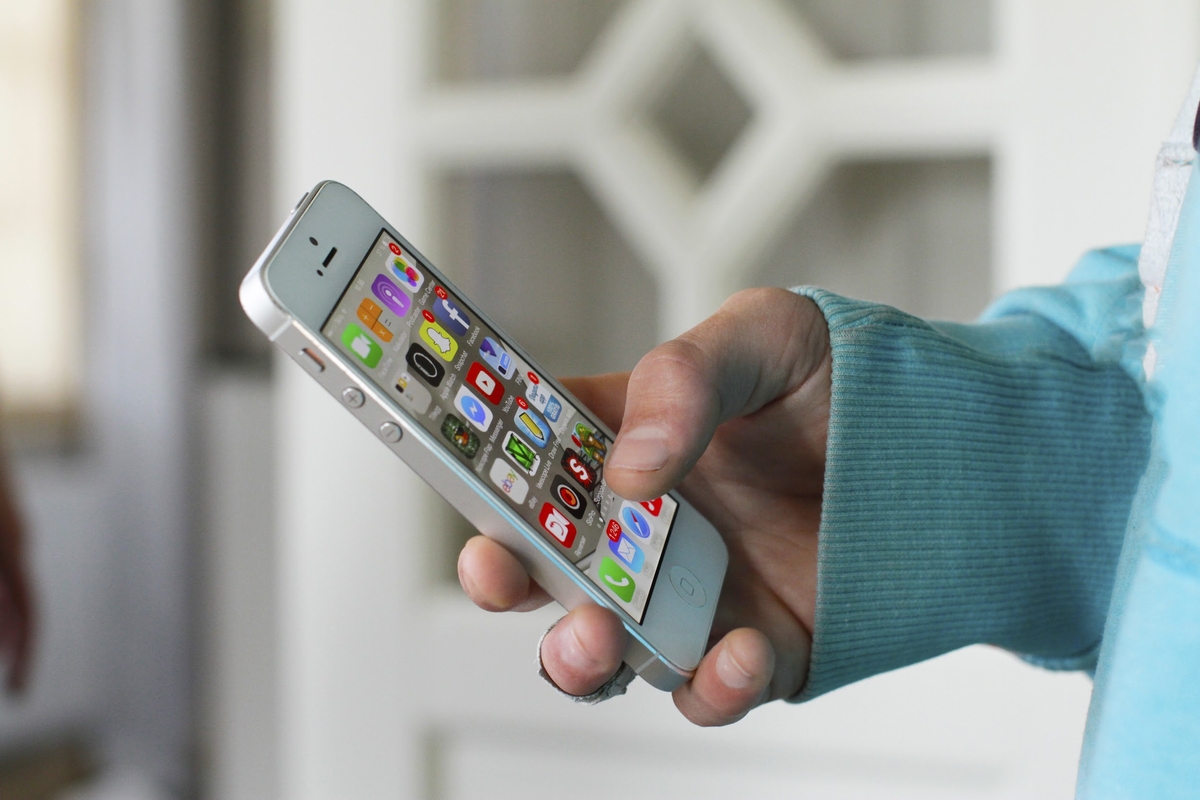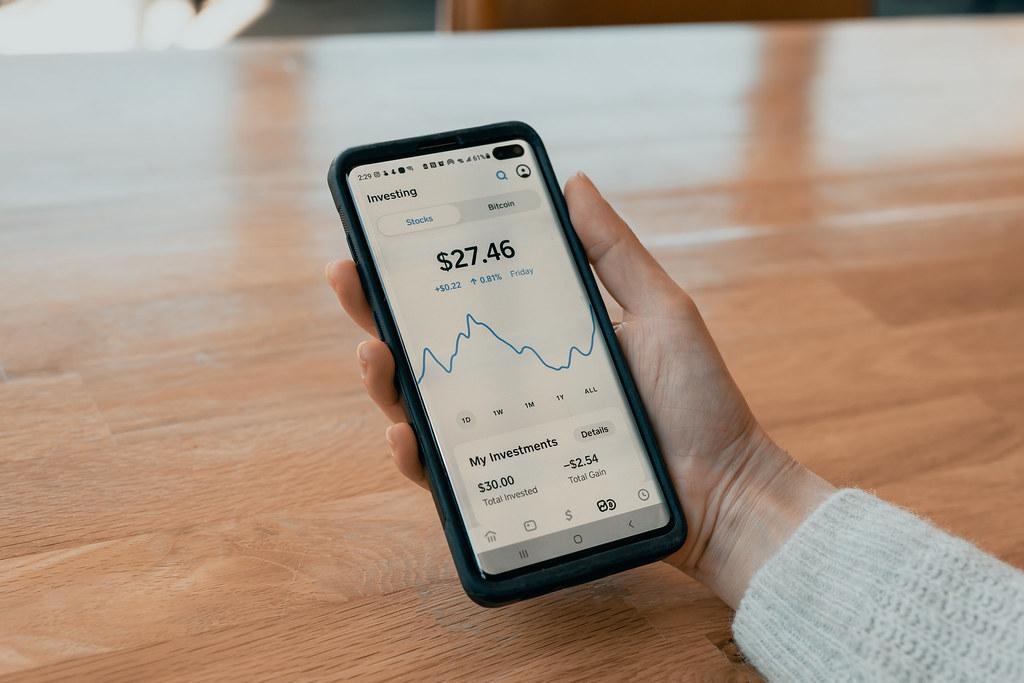How to change your business cash app to personal (complete 2023 guide)?
Are you a small business owner who’s been using a Cash App to make payments and accept money transfers? Are you considering changing your Cash App account from business to personal?
Launched in 2013, Cash App is a mobile payment service developed by Square, Inc. that allows users to transfer money between two people using their phone numbers or QR codes. It has quickly become one of the most popular mobile payment services; however, users can also use Cash App for their businesses if they have an individual business account or through its Cash for Business app.
Making the switch from business to personal Cash App is a great way to save time and energy when making transactions. In this comprehensive guide for 2023, we will explain how easy it is to change your existing business Cash App account into a personal one. You’ll learn how the process works and gain advice on choosing the right account setup for you.

How to change your business cash app to personal?
First of all, you need to make sure your Cash App account is free from any pending transactions or balance. You can check this by opening the app and looking at your balance in the upper-left corner. Once you have confirmed that your balance is zero, you can begin the process of changing your account from business to personal.
To start, open the Cash App on your phone and select the profile icon in the top-left corner of the screen. This will open a drop-down menu with several options, including “Settings” and “Accounts.” Select “Settings,” then scroll down to find the “Account Type” option.
Once you select the “Account Type” option, you should see two radio buttons for “Personal” and “Business.” Select the “Personal” radio button, then select the “Change Account Type” option at the bottom of the page.
You will be asked to confirm your identity by entering your phone number or email address associated with your Cash App account. Once verified, you can complete the process of changing your account from business to personal.
It’s important to note that once you switch your Cash App account from business to personal, all of your existing transactions will be linked to the new account type. This means you will not be able to access any of the old business data or transaction history associated with the previous account type.
Tips on choosing the right setup for your cash app account:
Before making any changes to your Cash App account, it’s important to understand the differences between a personal and business account. Personal accounts are ideal for individuals who want to send and receive payments quickly and securely. Business accounts are perfect for businesses that need more features, such as invoicing, automatic payment reminders, customer tracking, and access to analytics.
Consider your needs. When deciding which setup is right for you, consider your current and future needs. If you’re looking for a simple way to send and receive payments, a personal account may be the best option. However, if you need features such as invoicing or customer tracking, then you will likely benefit from a business account.
Know the fees. It’s also important to understand the fees associated with each type of account. Personal accounts are generally free to use, while business accounts have a fee structure that includes transaction fees and additional service fees. Knowing the fees before you make a decision can help you save money in the long run.
What are the fees for using a cash app for business?
Cash App is a great tool for peer-to-peer transactions, but for businesses, there are added fees. For each transaction, Cash App charges 2.75%, along with an additional 1.25% fee (minimum of $0.25) on any instant deposits. This is different from the usual free service they provide to personal customers using the platform.
When utilizing the Cash App platform, businesses should be aware that the fees can add up quickly if they have frequent transactions or large payments going out and incoming into their account through instant deposits. However, the app provides convenience and security with its features that benefit businesses in other ways so it’s important to weigh the pros and cons before opting to use Cash App as your payment processing system of choice.
Once you have decided which account type is right for you, it’s important to follow the instructions provided by Cash App. These will guide you through setting up your account and making sure all required information is included. It’s also a good idea to read through the Terms of Service so that you understand your rights and responsibilities when using Cash App.
Utilize customer support. Cash App also provides customer support for any questions or issues you may have when using the platform. Utilizing customer support can help ensure that your account is set up correctly and any issues are addressed quickly.
Why do businesses need to pay to use a cash app?

Businesses have to pay to use Cash App for various reasons. To start, businesses need to comply with terms of service which may require them to use the business product of Cash App instead of the personal account. Furthermore, tax regulations may also play a factor since those using the cash app for commercial purposes must report transactions totaling more than $600 annually to the IRS starting 2022. This is done in order to ensure that people are paying the proper taxes based on their transactions and spending. The increased scrutiny by the government puts businesses at a greater disadvantage and requires them to take heed when it comes to tracking their transactions and properly filing taxes as per IRS requirements. Not only do businesses have to pay for access to the Cash App, but they must also be mindful about ensuring that all associated taxes are filed correctly or else face serious repercussions from the IRS.
It’s important to follow the instructions provided by Cash App when switching your account type. This includes making sure you have a personal or business email address associated with your account, as well as double-checking that all of your information is up to date and accurate. Additionally, you should make sure you understand the terms of service and fees associated with each account type before making any changes.
After deciding which account type is best for you, it’s important to follow the instructions provided by Cash App when switching your account type. This includes making sure you have a personal or business email address associated with your account and double-checking that all of your information is up to date and accurate. Additionally, you should review the terms of service and fees associated with each account type before making any changes. With the right setup and understanding of the fees, you can make sure your Cash App account is set up to meet your needs now and in the future.
How to make a cash app business account?
Creating a Cash App business account is simpler than ever. First of all, you’ll need to download the app store and create a personal account. All it takes is entering your information and allowing Cash App access to your contacts on your device. Once this is done, you will be in the main screen of the Cash App where you can find an icon in the upper right corner that looks like a person. Tap on the icon and see your account information; select “Personal” from the top submenu to enter all of your personal details.
It is then important to ensure that all information entered is correct so that potential customers can accurately identify who they are transacting with when paying through Cash App. Further, it is important to remember that once you switch to a Cash App business account, there are certain limitations and user agreements related specifically to businesses. Be sure to read over these and ensure that you understand them before proceeding further with setting up your business profile!